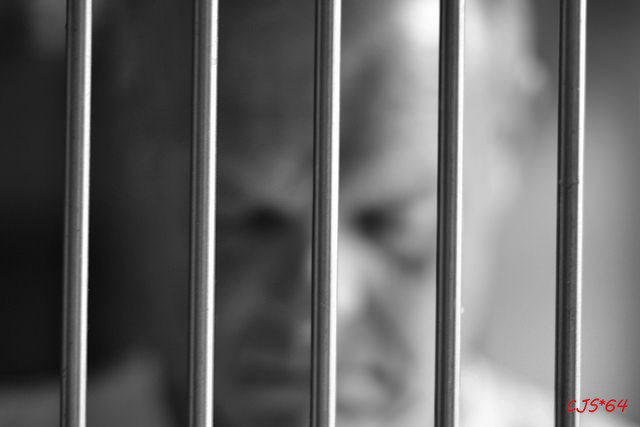Time to change: improving support for young people affected by imprisonment

This article is taken from the latest edition of Scottish Justice Matters, click the image below for more.
“What could be done differently to improve your experience of having a parent or sibling in prison?” is a question that should be put to all young people affected by imprisonment. Unfortunately, it is one that was only ever posed to me after my brother’s sentence was over, following seven years of little to no support. My experience is similar to that of many young people affected by this issue, and it is for them that I have decided to speak out in the hope that, in future, others will not be in my position.
 My brother was sentenced when I was only 12 years old, and at the time, I couldn’t imagine anything more shameful or shocking. Despite knowing that my brother was going through a difficult period in his life, and was involved in alcohol-related offences, I was far too young to understand the wider societal dynamics that can lead individuals to commit crimes. As far as I was concerned, people had always told me that ‘prison is a place where bad people go’, and it is no surprise that I, like many other young people in my position, internalised this.
My brother was sentenced when I was only 12 years old, and at the time, I couldn’t imagine anything more shameful or shocking. Despite knowing that my brother was going through a difficult period in his life, and was involved in alcohol-related offences, I was far too young to understand the wider societal dynamics that can lead individuals to commit crimes. As far as I was concerned, people had always told me that ‘prison is a place where bad people go’, and it is no surprise that I, like many other young people in my position, internalised this.
Some of the emotions around a family member’s imprisonment are short-term, such as feelings of confusion, anger, and isolation, and these could be reduced if the right support was put in place. In my experience, the longer you harbour these emotions without engaging with them, the deeper they embed themselves into your mindset. If they don’t address them, young people will release these emotions by lashing out in various (and sometimes harmful) ways.
Everyone’s experience of having a close relative in prison is different, but I would like to take this opportunity to offer two specific ways in which, I believe, we could immediately change the experiences of young people affected by imprisonment for the better.
Experiencing my brother’s imprisonment during the early years of high school was not easy, and it’s only now that I have actually been able to accept this and voice it.
One of the most important things to remember is that those facing imprisonment, as well as their family members, are unfortunately highly stigmatised in society as a whole, and because of this, can feel extremely isolated. My friends didn’t have the experience needed to fully support me during that volatile time, and my family were suffering themselves.
One of the biggest things that would have helped would have been a support group with other young people experiencing similar situations where we could discuss our worries and fears unashamedly in a safe, inclusive environment. I hadn’t actually met another young person who had had a similar experience until I contacted Families Outside after my brother’s release; I would never wish for another young person to go through that so alone! By offering young people a chance to speak openly, their confidence can grow, and their feelings of shame can begin to diminish.
Another critical issue is that there seems to be a serious lack of institutional understanding of how to support families affected by imprisonment. Being at high school, this should have been my closest link to appropriate help, and yet one token appointment with the school’s therapist was all I was offered, at which it was determined that I apparently didn’t qualify as ‘needing help’.
Teachers themselves generally do not have the adequate experience to realise the trauma that can come from experiencing a family member’s imprisonment. To address this, I would highly encourage schools to engage with teacher training, such as that run by Families Outside, in order to fully commit to understanding young people’s experience of this issue.
Despite the fact that support for young people affected by imprisonment desperately needs improvement, I am hopeful that the possibility for change is within our reach. Every time I hear a supportive voice on the topic, I feel that bit more confident to speak out; and when those most affected are heard, that’s when real change happens. I hope here that I have conveyed the real urgency in addressing these issues, but most of all, I hope that other young people affected will have the courage to believe that we can change things!




Leave a Reply